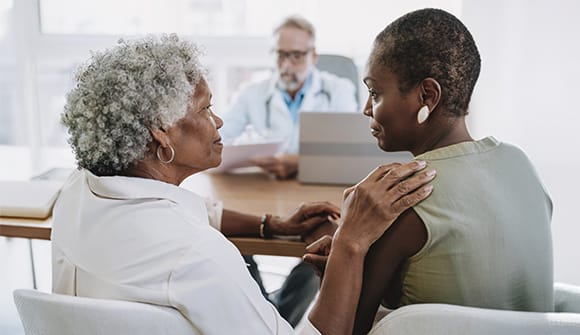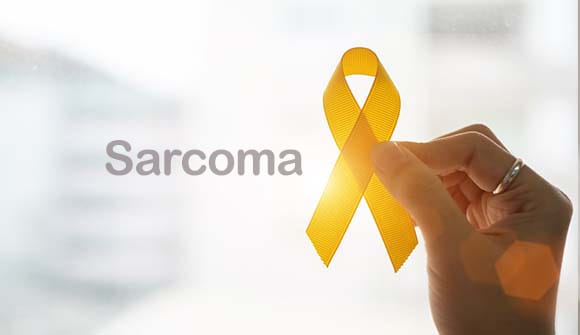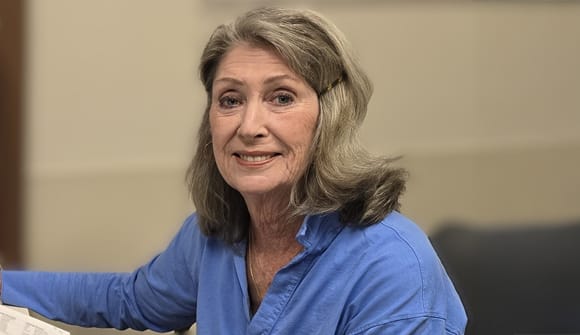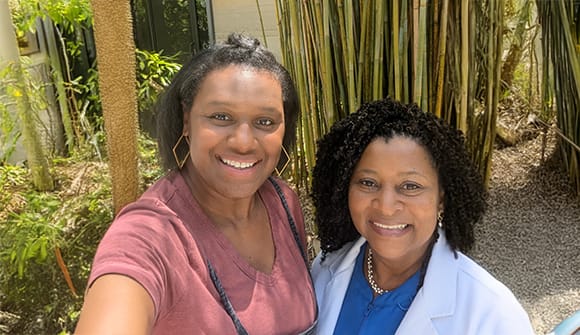Stomachache or something more?
Early signs and symptoms of stomach cancer.
Article Date:

When in doubt, get checked out.
That’s the key message about stomach cancer from Niraj Gusani, MD, chief of surgical oncology for Baptist MD Anderson Cancer Center. About 26,000 people in the United States are diagnosed with this serious disease every year, and more than 11,000 die from it.
“It can be a very aggressive cancer and sometimes hard to detect,” Dr. Gusani said. “When found early, it has very good potential outcomes. There are a variety of treatment options available at later stages too, including surgery, chemotherapy and radiation.”
How do you spot stomach cancer early? Dr. Gusani said it can be tricky and not always possible, but there are some signs and symptoms to watch for that warrant setting up an appointment with your primary care physician. These include:
- Poor appetite
- Feeling full fast
- Persistent nausea and vomiting
- Pain or vague discomfort in the upper abdomen
- Unexplained weight loss
- Anemia (low red blood cell count)
- Blood in the stool
Age, obesity, smoking and family history also may increase your risk of stomach cancer. For those with hereditary predispositions, genetic testing is a way to check family members and see if they're more likely to get this disease. Other risk factors include previous stomach surgery, persistent ulcers or ulcer-causing bacteria, and a diet high in smoked or salted fish or meat.
“It’s important to listen to your body and understand when unexplained changes are occurring,” Dr. Gusani said. “Anything that persists and doesn’t get better with treatment warrants further attention.”
If you’re concerned about persistent symptoms like those mentioned above, seek advice from your primary care provider. To find the right physician for you, call 904.202.4YOU (4968) or click here to request an appointment.



